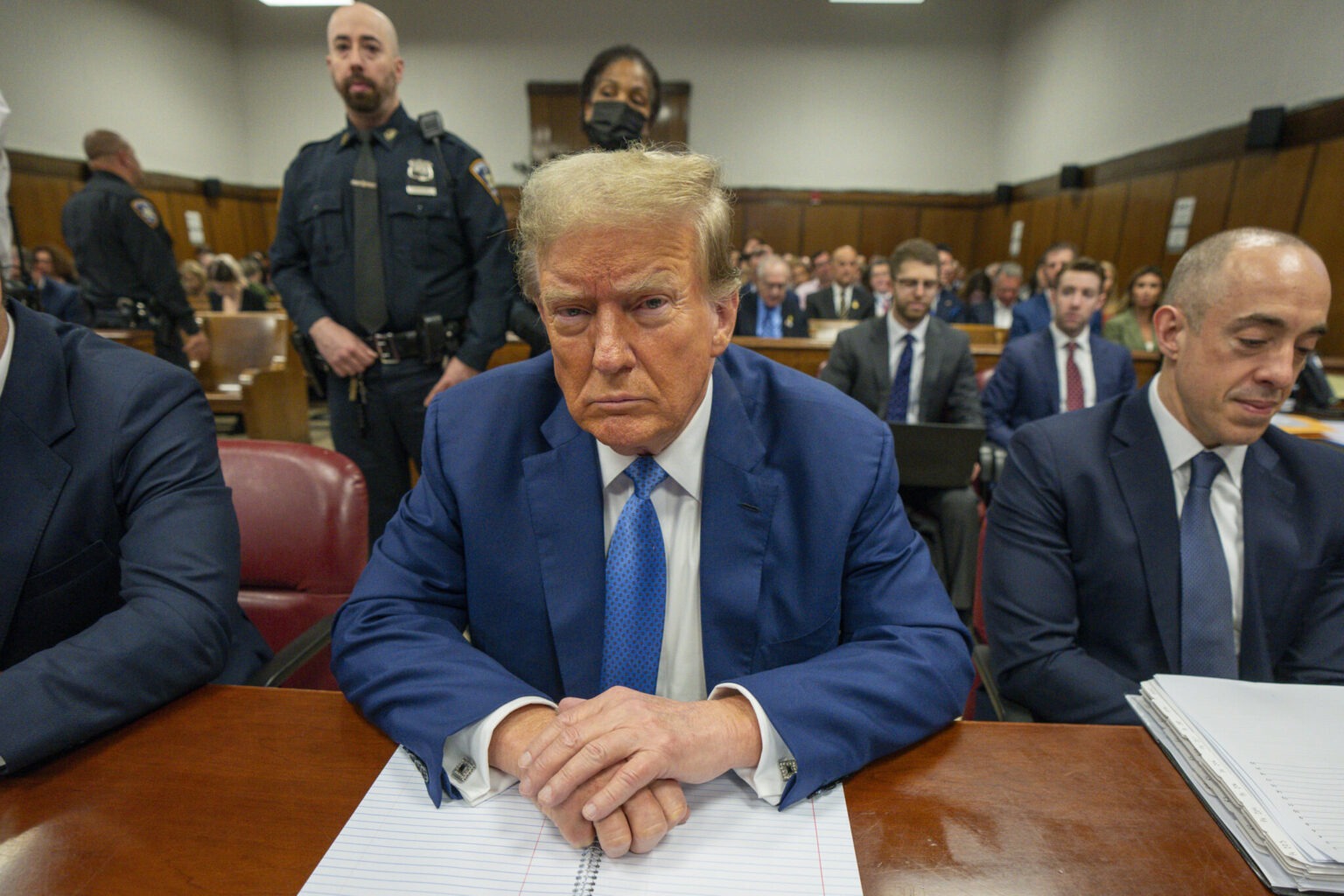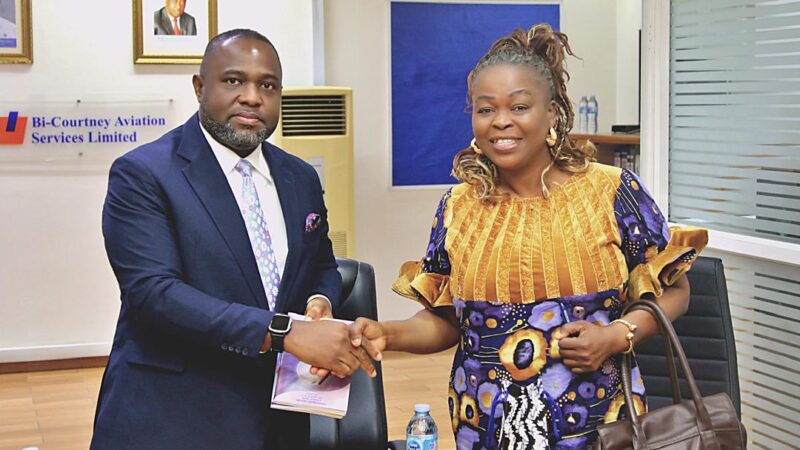Court Upholds Trump’s Felony Conviction, Signals Lenient Sentence Ahead of Inauguration

A New York judge on Friday upheld President-elect Donald J. Trump’s felony conviction, marking a historic moment in American jurisprudence.
However, the judge, Juan M. Merchan, signalled he was inclined to impose an unconditional discharge, sparing Mr Trump from jail or probation, just weeks before his inauguration as the first U.S. president to assume office with a criminal record.
Justice Merchan, in an 18-page decision, set 10 January 2025 as the sentencing date and ordered Mr Trump to appear either in person or virtually.
The judge described the proposed unconditional discharge as “the most viable solution to ensure finality and allow the defendant to pursue his appellate options.”
Unlike a conditional discharge, which mandates compliance with requirements such as restitution or maintaining employment, an unconditional discharge allows the defendant to avoid punishment without conditions.
However, this would solidify Mr Trump’s status as a felon while minimising the immediate consequences of his crimes.
The case stems from Mr Trump’s conviction in May on 34 counts of falsifying business records.
A Manhattan jury determined he orchestrated a cover-up of a sex scandal that threatened his 2016 presidential campaign.
The conviction carries a maximum penalty of four years in prison, but Justice Merchan’s decision indicates leniency.
On Friday, the judge rejected Mr Trump’s latest bid to overturn the verdict, asserting that his election victory did not nullify the conviction.
Additionally, last month, Justice Merchan dismissed Mr Trump’s argument that his conviction violated a recent Supreme Court ruling granting sitting presidents broad immunity for official acts.
“To dismiss the indictment and set aside the jury verdict would not serve the concerns set forth by the Supreme Court in its handful of cases addressing presidential immunity, nor would it serve the rule of law,” Justice Merchan wrote.
He asserted: “On the contrary, such a decision would undermine the rule of law in immeasurable ways.”
These rulings underscore the gravity of Mr Trump’s conviction, with Justice Merchan emphasising that the “sanctity of a jury verdict” is a cornerstone of the U.S. legal system.
While the sentencing date is set, it remains uncertain whether it will proceed as planned.
Mr Trump’s legal team could seek an emergency pause from an appeals court.
Alternatively, the president-elect may choose not to contest the sentencing, knowing the judge is unlikely to impose jail time.
Opting for an unconditional discharge would allow Mr Trump to appeal his conviction and mount a legal challenge during his presidency.
Mr Trump’s spokesman, Steven Cheung, suggested the looming sentencing could interfere with the presidential transition.
“President Trump must be allowed to continue the presidential transition process and to execute the vital duties of the presidency, unobstructed by the remains of this or any remnants of the witch hunts,” he said in a statement, reiterating Mr Trump’s intention to “fight these hoaxes until they are all dead.”
The Manhattan District Attorney’s office declined to comment on the development.
Legal experts note that an unconditional discharge would allow Mr Trump to focus on his presidency while pursuing appeals.
Though New York courts may resist overturning the conviction, Mr Trump may ultimately appeal to the Supreme Court, where the conservative majority includes three justices he appointed.
The decision not to impose significant punishment raises questions about the broader implications of holding a sitting president accountable.
However, it also highlights the unprecedented nature of a case that combines high-stakes politics with criminal justice.
If the sentencing proceeds as planned, it will mark the conclusion of one phase of a historic case while setting the stage for a prolonged legal battle across Mr Trump’s second term.
Source: The New York Times







